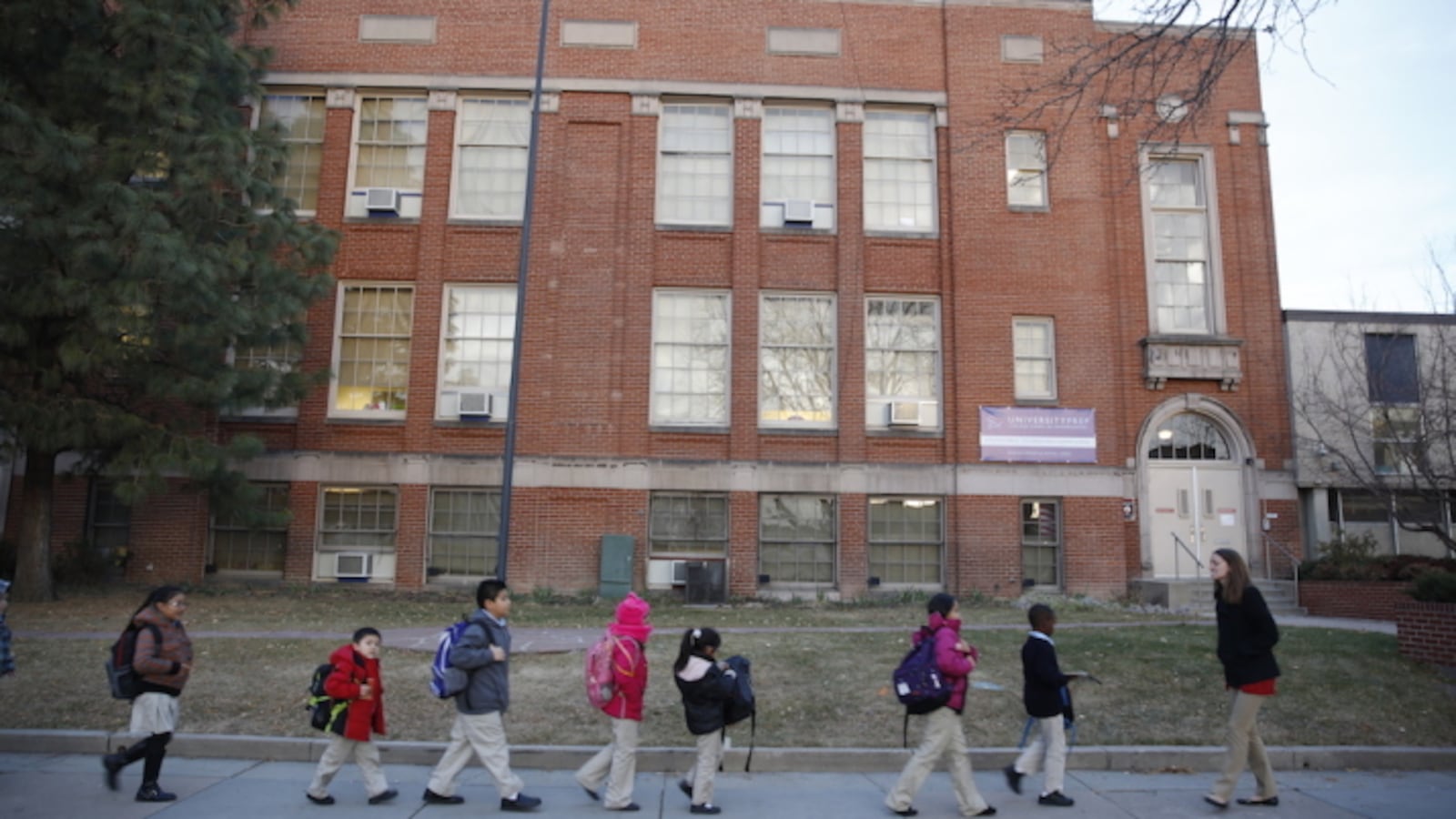Mental health services in Manhattan schools provide only a “patchwork” of care that is “falling short” of what students and educators need, according to a report released Wednesday by Borough President Gale Brewer.
Almost 237,000 New York City children under the age of 18 have a diagnosable mental health condition, according to Citizen’s Committee for Children of New York. In schools, mental health services are provided to students in a range of ways, including via school social workers, on-site clinics and mental health consultants.
But too often, the report notes, these services are inadequate.
“Our school mental health system, if you can call it that, is a quilt of mismatched pieces slapped together to do more with less,” Brewer said in an emailed statement.
More than 100 of the borough’s 307 public schools, the report notes, have no mental health services other than consultants provided through ThriveNYC, an initiative started by New York City’s first lady, Chirlane McCray. The consultants are licensed social workers who are supposed help schools assess their mental health needs and connect them with community organizations that can meet those needs.
Yet many counselors and assistant principals interviewed for the report didn’t even know their schools had been assigned a mental health consultant through the program. Others said the training and resources the consultants provided for staff were “a waste of time.”
The city has paid for 100 consultants over the last two years, but these mental health professionals may be stretched too thin, the report notes. Each is assigned to up to 10 campuses and can serve as many as 8,000 students.
“Staff in multiple schools expressed that the mental health consultant’s impact was minimal and that the resources they provided could have easily been found online,” the report notes.
Social workers also face heavy loads. In Manhattan, there is one social worker for every 800 students, the report calculates. Citywide, the ratio is one for every 900 students. But social workers are mostly funded through money set aside for students with special needs and often can’t adequately serve the general school population. In some needy neighborhoods, the education department provides additional counselors through its Single Shepherd initiative.
School-based health clinics, meanwhile, are facing budget cuts due to changes in how they are funded.
In an emailed statement, the education department disputed some of the study’s findings. Spokesman Michael Aciman wrote that evaluations of school sites show that not every campus needs a dedicated mental health clinic, and the current system allows targeted supports where and when they’re necessary.
“Under this administration, we have made unprecedented investments in mental health resources and, for the first time, made mental health supports and services available to every city school,” Aciman wrote. “We know kids can’t learn if they are facing an unaddressed mental health challenge.”
The borough president’s report calls on the city to change the way social workers are funded, waive certain permit fees for school-based health clinics and study the effectiveness of ThriveNYC in schools. At the state level, the report recommends changes in the way clinics are funded and how they bill for services.

